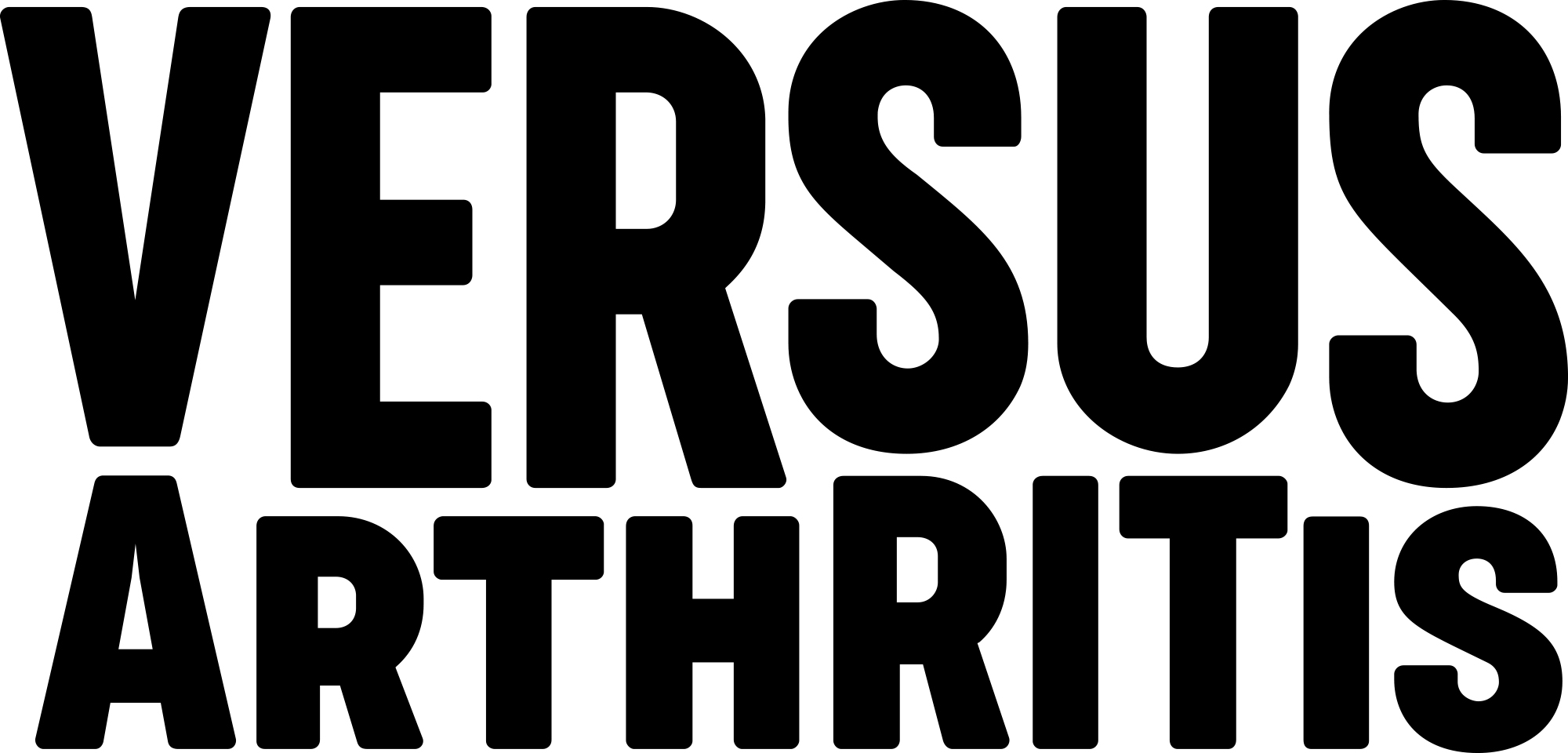Fibromyalgia
Overview
In this section you can find out about the experience of having fibromyalgia, by listening to people share their personal stories on film. Our researchers travelled all around the UK to talk to 31 people in their own homes or online. Find out what people said about issues such as early symptoms, talking to health care professionals and physical and talking therapies. We hope you find the information helpful and reassuring.
See a preview of Fibromyalgia
See a preview of Fibromyalgia
Sonia
I think there’s a couple of different ways that I could describe it succinctly. The first would be everything hurts all the time everywhere, and everything hurts more than it should. The other way in terms of some kind of metaphor , it’s like if you, when you wake up in the morning and you, I don’t know, you go to, I don’t know, you pick up a piece of wood that you need to sit on, like that’s going to be your chair for the day. And some days it’s going to be strong and you’ll be fine, and then other days you sit on it and it breaks, and you, you don’t trust that it’s ever going to be reliable. And then some days it’ll start out fine and then it’ll break.
Chrissie
So I got my diagnosis in April 2016, through a rheumatologist, and I was obviously relieved that there was something there, and I wasn’t going absolutely mad. Then I was referred back to my GP and from that point that was it, they kind of said, “It’s this, off you go”, which obviously is a shame but it was just a massive relief off my shoulders having a name.
Lyn
But I feel as though I’m not getting anywhere, it’s very depressing, it leaves me a lot of the time in tears. I find I can’t do the things that I want to do that I used to do, the sweating, the tiredness, the, sometimes the brain fogs, they are debilitating and I really don’t know what to do about it. I just wish it would go away.
Chris
In some ways, I suppose it’s maybe like telling your, you have a life-limiting disease because you have all these imaginary ideas which actually do, in effect, come through that you don’t… you find it hard to do the things that you used to do, you find it hard to interact with people, you find it hard to make any longstanding arrangements, you find it hard even to go on such a silly thing as a holiday due to the nature of moving or non-moving, really, I should say, whether it be on a train or a plane or in a car.
Liz
Yes, you learn over the years to adjust yourself to it, you would have to, there’s no point getting morose about it, you can get, still get frustrated, you’ll always be frustrated about it, because time is precious and I don’t like wasting it .You know, but I can go and walk for two/three hours, not a problem, but it’s at my pace you know, and sometimes I’ll walk to the shop and family will say, “What kept you?” I said, somebody, a famous singer said, “I’m doing it my way”, because I’m comfortable with that. It takes me twice as long to do these things, but there are things I can still do and that’s walk and get a newspaper from the shop, just not quickly.
Alexis
I think she was I think the first doctor I saw that it didn’t feel like there was a time pressure on the appointment. You know, I felt like I went in and you know, she asked me my concerns and, I said to her, I said, “Well like you know, I’ve got a list of notes, like is it okay if I give it to you?” and she said, “Yes, of course, that’s helpful you know, let’s go through it, let’s talk about what’s on there, let’s make sure we’ve covered everything that you wanted to talk about”. And I really felt that she listened to me and that she understood and that she wanted to hear my whole perspective before giving me any of her opinions, where I feel like some doctors that I’ve seen in the past you know, I go in and I say, “This is my concern”, and they immediately try to say you know, “This is what it is and this’ll fix it and don’t worry about it, and out the door because I’ve got other patients that I need to see”. Whereas with her it was you know, “No, what’s bothering you, tell me everything and then we’ll figure it out together”.
A film has also been created from the material which can be used as a catalyst for questions in an academic or professional setting.
This section is from research by the University of Aberdeen in collaboration with the University of Oxford.

Funded by
The research is funded by Versus Arthritis (Grant Reference Number: 21958, Chief Investigator Prof Gary Macfarlane).

Publication date: December 2021
Copyright © 2024 University of Oxford. All rights reserved.

